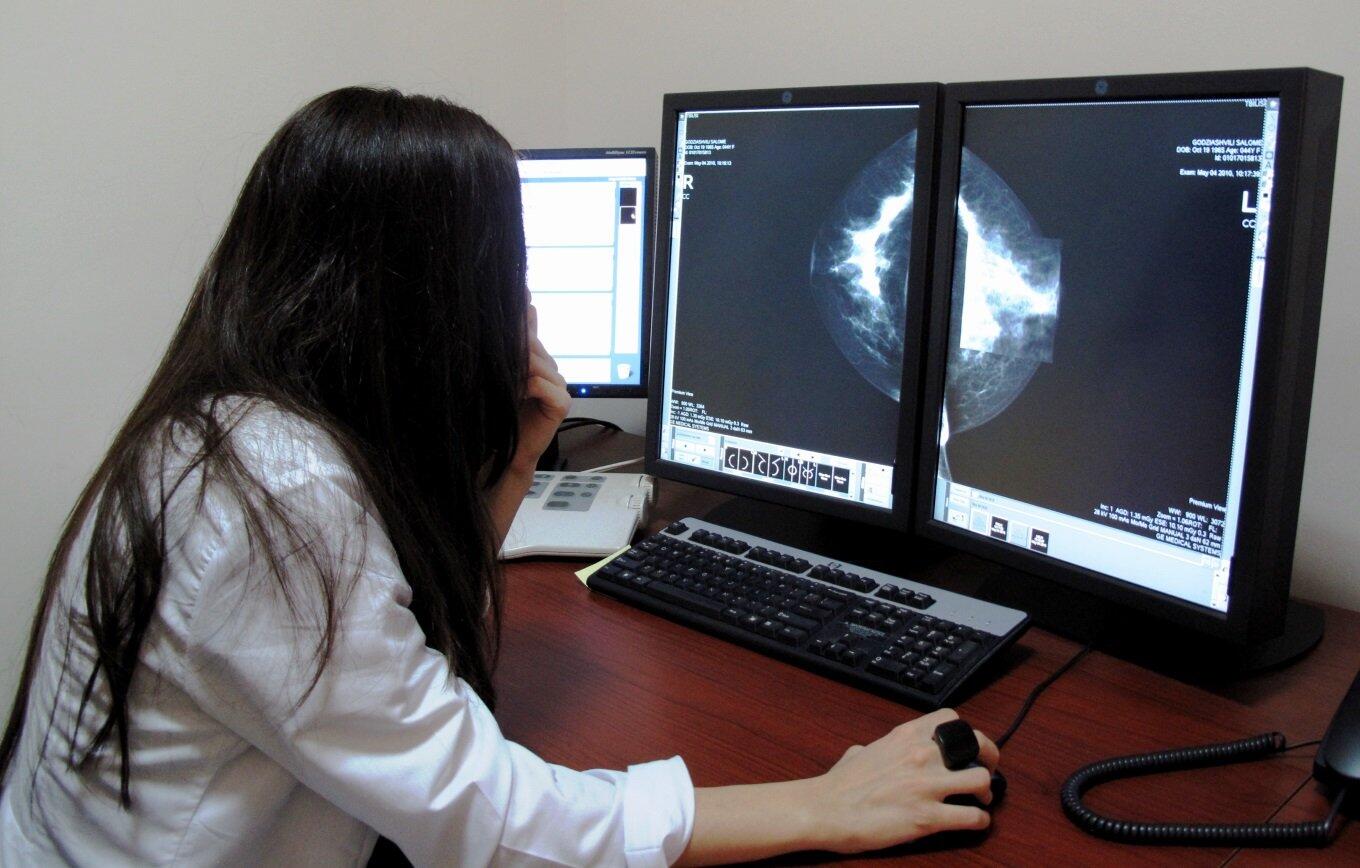BRUSSELS – Cervical cancer rates are high in Europe and Central Asia, where some 32,000 women die each year from the disease and around 60,000 new cases are reported annually. But with 80 per cent of cases preventable if the right policies and programmes are in place, elected officials can play an important role in saving women’s lives.
A new publication created by the European Parliamentary Forum on Population and Development (EPF), with support from UNFPA’s Eastern Europe and Central Asia Regional Office, offers resources for parliamentarians who are willing to work on legislation and initiatives aimed at reducing the incidence of cervical cancer in their countries.
The manual, “The Role of Parliamentarians in Cervical Cancer Prevention”, contains advice on practical steps parliamentarians can take in advocating for legislation and policies which will improve cervical cancer detection. It also includes an overview of the different models of screening programmes as well as two case studies, on Ireland and Georgia. In Georgia, UNFPA successfully advocated for a new focus on prevention and early detection of cervical cancer; screening programmes co-funded by UNFPA and the government reach more than 30,000 women a year and demand for such services is on the rise thanks to a public education campaign.
Stepping up prevention has far-reaching benefits, in particular for young people. The cervical cancer epidemic affects mostly young women, many of whom are in the process of starting families and building their careers. In many places, cancer treatment is extremely costly, leading to the impoverishment of entire families. Central and Eastern Europe is particularly affected: women in that part of the region are 10 times more likely to die of cervical cancer than those in Western Europe.
Members of parliament are uniquely positioned to influence the shape and content of their countries’ public health agendas. They can lead the development of relevant legislation and policies, and monitor implementation; ensure oversight, accountability, transparency and good governance; make the voice of affected citizens heard; and define the fiscal and budgetary regimes needed to mobilise sufficient resources. UNFPA and EPF, a Brussels-based parliamentary network that focuses on improving sexual and reproductive health and rights, began their joint work on cervical cancer prevention with a November 2012 meeting on the topic for parliamentarians; the new manual offers further guidance.
At the publication’s launch last week, EPF Secretary Neil Datta expressed the organisation’s hope that the manual “will help members of parliament in the region to initiate, or intensify, work on advocating for and enacting effective cervical cancer prevention legislation and policies, thus contributing to long-term changes in the region’s public health landscape”.



